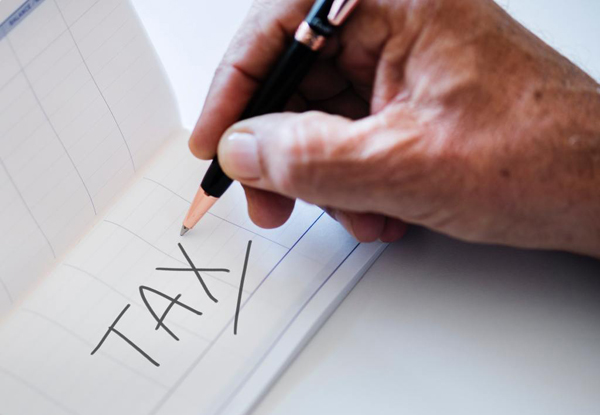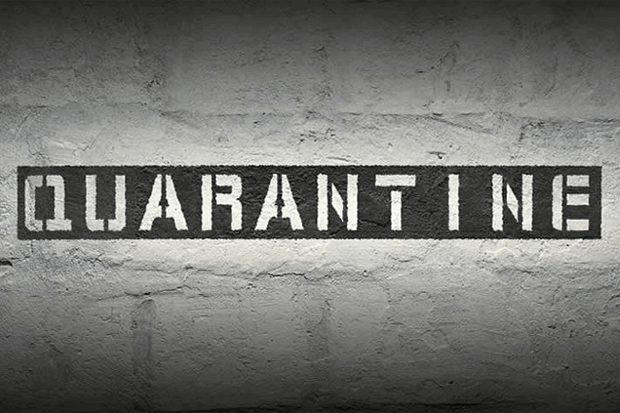The 2020 Guide to the Foreign Earned Income Exclusion for Expats
- Posted: August 26, 2019
- Posted by: Sheila Olson
- Last Reviewed: May 21, 2021

Tax season is always stressful, especially for expats, whose income is subject to double taxation. U.S. citizens on foreign soil pay income tax to the host country’s government as well as to the IRS. Fortunately, the Foreign-Earned Income Exclusion (FEIE) in the U.S. tax code allows expats to keep more of their money as long as they meet residence or presence requirements.
In 2020, the FEIE increased from the first $105,900 in foreign-earned income to $107,600. Since the exclusion is pegged to inflation, it’s likely it will increase again in 2021. It is important to note, however, that Puerto Rico is not a foreign country.
Qualifying income
Only wages and self-employed earnings are eligible for FEIE. You may also be able to deduct foreign housing costs if they exceed 16% of the FEIE. In 2020, the maximum excludable housing amount is $15,064.
IRS guidelines exclude the following types of income:
- Salaries for civilian employees or military service members of the U.S. government
- Income earned for work in international waters
- Certain combat zone pay
- Housing, meal, and travel allowances paid by your employer
- Social Security, pension, and annuity payments
Keep in mind that these exclusions only lower your income tax liability, not any self-employment taxes you owe for Social Security and Medicare benefits.
Passing the bona fide residence tests
You have to be a full-time resident of a foreign country for the full 12-month period of the tax year (January 1 through December 31) to qualify as a bona fide resident. Vacations, including short trips back to the U.S., won’t make you fail the residence test, as long as the trips were short and you clearly intended to return to your home in the foreign country.
One thing to keep in mind: If the host government has determined you are not a resident subject to its income tax laws, you can’t use the FEIE regulation to lower your U.S. tax liability.
Passing the physical presence test
To use the FEIE, you need to demonstrate that you are either a bona fide resident or were physically present in the country for at least 330 consecutive days in a single year.
The year doesn’t have to be a calendar year—it can be any 12-month period you choose. A “day” for the purposes of the test is a full 24 hours, so your arrival and departure days in the country don’t count.
If you choose a 12-month period that overlaps two different tax years, you can prorate the maximum exclusion and spread it out over the tax returns of those two years.
If there is war or civil unrest in the foreign country, you may apply for a waiver for the presence or resident test, but only if you can show that you would have stayed in the host country if those events hadn’t occurred.
Understanding the housing exclusion
This exclusion only applies to employees earning wages in a foreign country, not for contract workers or other self-employed individuals, although those workers can still deduct actual housing expenses.
The FEIE and the housing exclusion can be combined, as long as the same income isn’t counted in both exclusions. In other words, you should have an income of at least $122,664 between your wages and any housing allowances paid by your employer.
The following expenses generally qualify for the exclusion:
- Rent or fair-value rent for employer-provided housing
- Property and personal property insurance
- Utilities (minus personal phone service)
- Parking fees
- Furniture rental
You can’t exclude things such as domestic services (maids, gardeners), mortgage principal and interest, or home improvements.
Comparing Act 60 and the Foreign Earned Income Exclusion
If you operate a business in a foreign country and use the FEIE to reduce your tax liability, it may be worth comparing the tax advantages of Puerto Rico’s Act 60 for export services businesses. Eligible businesses pay a corporate tax rate of just 4%, and dividends are 100% tax exempt.
Act 60’s Export Services tax incentive approaches income tax from the opposite perspective of the FEIE. In other words, you pay yourself a reasonable salary, and everything else is taxed at the 4% corporate rate. As a bona fide resident of Puerto Rico, you don’t pay U.S. income tax on your salary, although you must pay Puerto Rican income tax on it.
With FEIE, you exclude the first $107,600 of foreign-earned income from your U.S. income tax and pay your regular rate on any earnings above that amount.
If you have a service-based business (consulting, creative services, professional services, data processing, call centers, import-export, or trading, for example), you may be surprised by the financial advantages available under Puerto Rico’s Export Services Act.
Disclaimer: Neither PRelocate, LLC, nor any of its affiliates (together “PRelocate”) are law firms, and this is not legal advice. You should use common sense and rely on your own legal counsel for a formal legal opinion on Puerto Rico’s tax incentives, maintaining bona fide residence in Puerto Rico, and any other issues related to taxes or residency in Puerto Rico. PRelocate does not assume any responsibility for the contents of, or the consequences of using, any version of any real estate or other document templates or any spreadsheets found on our website (together, the “Materials”). Before using any Materials, you should consult with legal counsel licensed to practice in the relevant jurisdiction.





